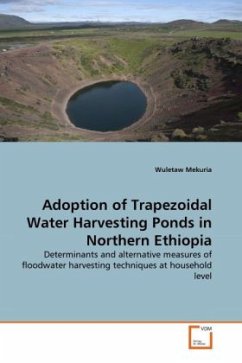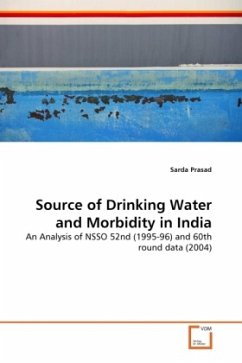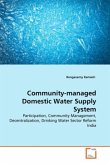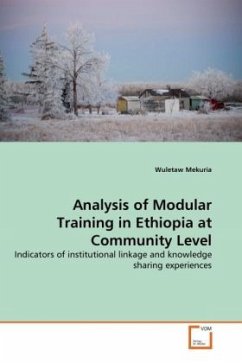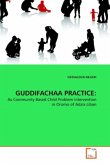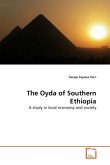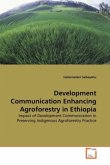Traditional water harvesting practices are commonly implemented in Ethiopia. Improved techniques were introduced to the country in 2002. Analyzing determinants, alternative structures and farmers' attitude towards the adoption of these technologies is paramount important. Hence, the study was conducted using assessment methodologies on trapezoidal ponds using purposively selected household respondents at individual level. This book, therefore, gives insight for researchers, economists, sociologists, anthropologists, planners, and other social workers for providing knowledge on water harvesting practices. Moreover, understanding of indigenous knowledge and scientific knowledge of farmers and researchers respectively enable to identify easily determinants that influence the adoption of such interventions in the study area for further investigation how to collect, harvest, store and utilize flood and rain water harvesting wisely for multipurpose advantages.
Bitte wählen Sie Ihr Anliegen aus.
Rechnungen
Retourenschein anfordern
Bestellstatus
Storno

